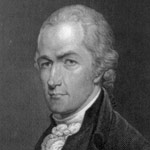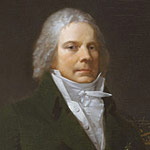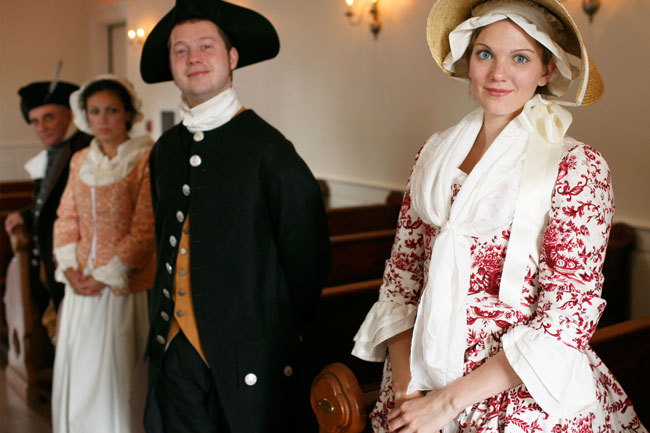The Quasi-War
As the two parties argued about the constitutionality of federal laws, the undeclared naval war between France and the United States continued unabated. In what would become known as the Quasi-War, French warships patrolled the coast of the United States in an attempt to seize goods headed for Great Britain, and vice versa. The U.S. Navy was growing to be sure, but was still no match for the European fleets. Then, in 1798, Elbridge Gerry who was in Paris informed Adams that Talleyrand had a change of heart. He recalled the commissioners to France with the intention of reestablishing diplomacy between his country and the United States.
On February 18, 1799, Adams nominated William Vans Murray, who was currently at The Hague, to move to Paris and assume the post of minister plenipotentiary to the French Republic. In August, a letter from Talleyrand arrived which stated he would receive the American envoy respectfully. Adams departed for Trenton, intent on meeting with his cabinet to discuss the diplomatic mission before they departed. But before Adams could meet with his advisors, he was intercepted by Alexander Hamilton who was appointed second in command of the United States Army by George Washington. Hamilton was there to advise Adams that it would be a blunder of epic proportions to send the envoy to France. According to Hamilton, the British were close to winning the war, and it would be advantageous for the Americans to join the side of the victor. By sending the envoy to France, Hamilton stated, the British would be deeply offended, and would declare war on the United States anyway.





